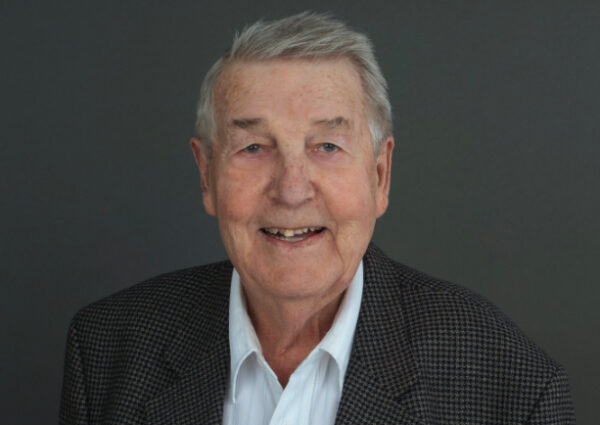
Peter Dales
- Availability:
- Accepting New Clients
- Session Format:
- PhoneIn-Person
- Office Days:
- MondayTuesdayWednesdayThursdayFridaySaturday
- Clientele:
- Adults (18+)Teens (13-17)Couples
About
To cite Winnicott once again, “Psychotherapy is not making clever and apt interpretations; by and large it is a long-term giving the patient back what the patient brings. …I like to think of my work this way, and to think that if I do this well enough the patient will find his or her own self, and will be able to exist and to feel real. Feeling real is more than existing; it is finding a way to exist as oneself, and to relate to objects [others] as oneself, and to have a self into which to retreat for relaxation.” (from Playing & Reality, 1971)
This statement is a model for myself as a psychotherapist.
Sessions are typically 50 minutes in length.
As far as my style and theoretical framework goes, I am most deeply indebted to Freud and the many singularly striking thinkers and clinicians who continue to come out of that tradition, and who often differ with him in various theoretical and clinical ways. Psychoanalytic psychotherapy is a constantly developing art.
In 1913, Freud generously stated how therapy should begin. He wrote, “…in any case, the patient must be left to do the talking and must be free to choose at what point he/she shall begin. We therefore say to him/her: ‘Before I can say anything to you I must know a great deal about you; please tell me what you know about yourself.’” The invitation is completely open.
Acceptance, warmth, genuine interest, empathy (truly grasping what a person feels) and not sympathy (false feeling) are among the hallmarks that are important in conducting therapy.
I started my career as a senior-grade high school teacher (principally of English language and literature) and taught for seven years. During this time I found myself in need of emotional help and was happily referred to a psychotherapy group in Toronto. I became very impressed with the help I received, and after three years was invited to join the group’s learning program. The learning group experience fired my desire to help people like myself; hence, after another 3 years, I accepted the invitation to become a full-time psychotherapist. I have never regretted this decision, though at first I missed teaching. This group’s work was most heavily influenced by the theory and practice of psychoanalytic psychotherapy—for which I will be eternally grateful.
Early in my full-time therapy work, I became immersed in individual and group work (including in “house” groups, where the therapy was centred around people’s experience of living together and conducting therapist-to-be learning seminars). This all continued with the formation of The Centre for Training in Psychotherapy (CTP).
I later deepened my training by becoming a guest member of the Toronto Psychoanalytic Society & Institute, for further enrichment, and I continue to hold a guest membership. The experience has been immensely satisfying.
I am currently Faculty Emeritus at CTP, still involved in private practice, and continue to teach Therapists-in-Training at CTP, in a clinical seminar entitled “Transference and Countertransference”.
To reach me, please phone 416-925-1935. I can be easily contacted directly or by voicemail message, day or night, seven days per week. All first meetings I see as consultations—for both the client and for me—to determine whether we feel there is a good fit. I do charge for the first meeting, unless we decide not to continue.
For at least the first meeting or so, I like to meet in person (at the current time masked due to COVID) so that we can both get a fuller and truer sense of each other. We may decide to stay with that format or decide to meet by phone.
Issues
- Abuse (childhood/familial)
- Addiction
- Aging and Age-Related Concerns
- Anger
- Anxiety
- Depression
- Existential Concerns
- Loneliness and Isolation
- Loss and Grief
- Masochism and Self-Defeating Behaviours
- Personality Disorders
- Relationships
- Sadistic Tendencies
- Self-Esteem
- Sex and Kink
- Stress
- Trauma